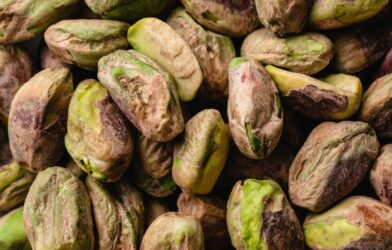For people who struggle with urges to pour a nightly glass of wine or whiskey, it turns out it may have to do with their gut health. Research from the Complutense University of Madrid (UCM) in Spain may explain why there’s a great deal of variation in individual drinking patterns and cravings.
Not everyone may experience similar effects due to alcohol consumption, but it’s widely known that it alters the gut microbiome when consumed. This latest work aims to understand the specific ways in which changes in gut bacteria impacts behavior tendencies in response to alcohol.
To do this, the team analyzed the drinking habits and gut microbiome of 507 college students in Madrid. They also studied rats, using a sample of 80 male rats and examining alterations associated with alcohol consumption, the effect of antibiotics, and gut microbiota transplantation. This type of transplantation entails directly changing the gut environment through administering fecal matter into the intestinal tract from one animal to another.
The researchers report that extreme alcohol consumption was associated with a distinct fecal phenotype and an increased amount of actinobacteria, which is an important bacteria that decomposes organic compounds in the body. In the rat experiment, they show that rats that received the transplant from alcohol-dependent rats had stronger alcohol cravings than those that received a transplant from a control rat.
“The study represents a significant advance in our understanding of the role of gut microbiota in motivated behaviour, specifically the behaviour of voluntary alcohol consumption,” says Elena Giné, researcher at the UCM’s Department of Cellular Biology, in a statement.
Regarding antibiotics, the study concluded that antibiotic treatments led to a drastic change in the gut environment due to not only killing harmful bacteria, but also beneficial ones as well. These changes were also correlated with the animals having greatly reduced alcohol consumption.
In recent years, there has been a major increase in the study of gut health and the gut microbiota, but there continues to be several questions left unanswered. This is why the researchers are strong supporters of expanded efforts in gut health research that relates to neurology and behavioral patterns such as alcohol and drug use. It could help psychopharmacology efforts that target manipulation of the gut lining and provide intervention strategies that can combat or prevent addiction.
“This could be done either through the use of probiotics (bacteria), prebiotics (the food of bacteria) and/or symbiotics (both prebiotics and probiotics)”, explains José Antonio López Moreno, a professor at the Department of Psychobiology and the lead author of the research.
The study is published in the journal Translational Psychiatry.












